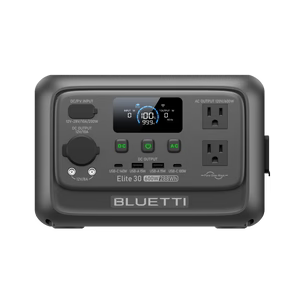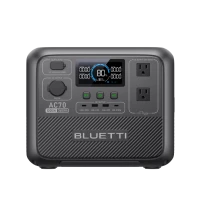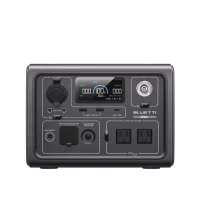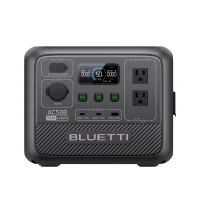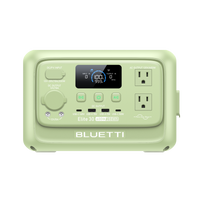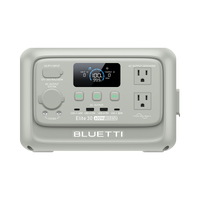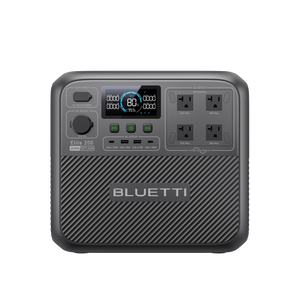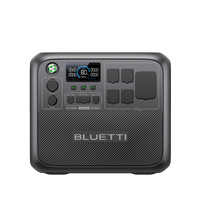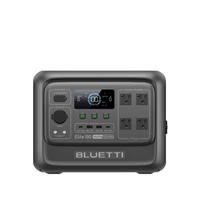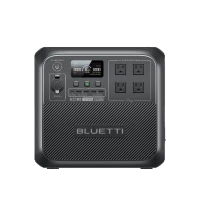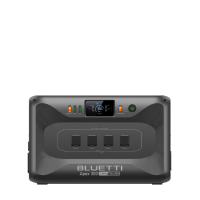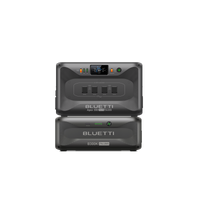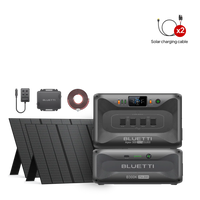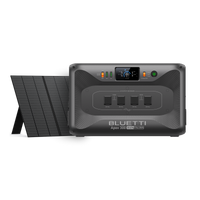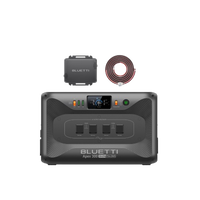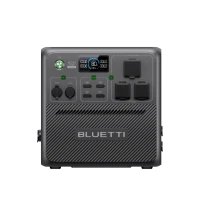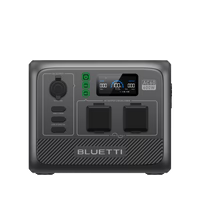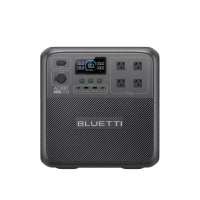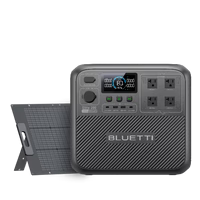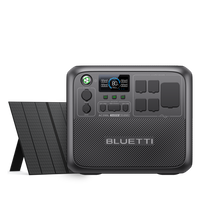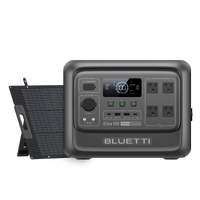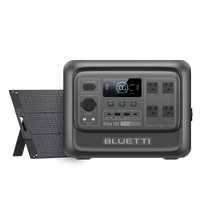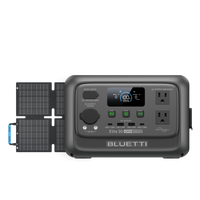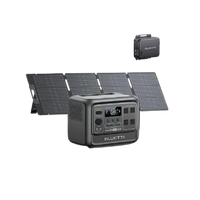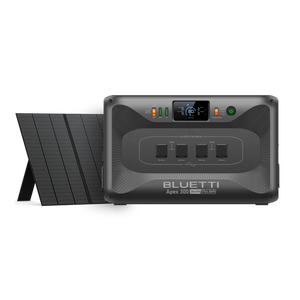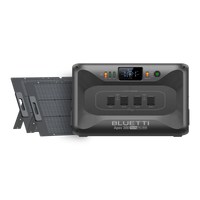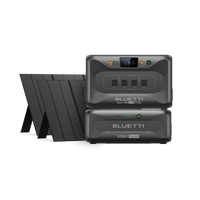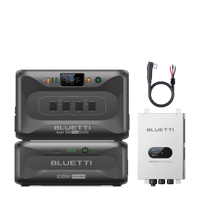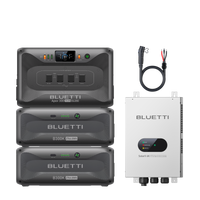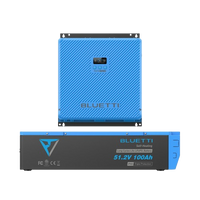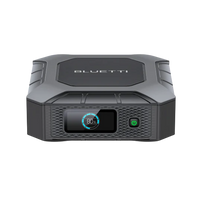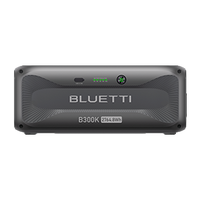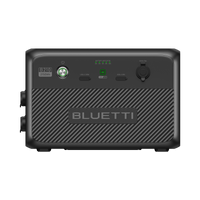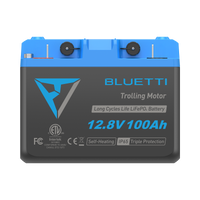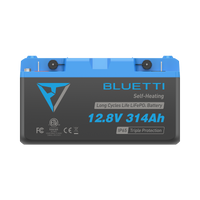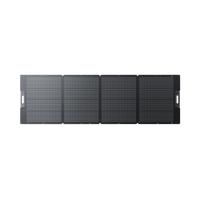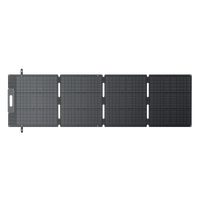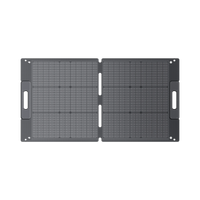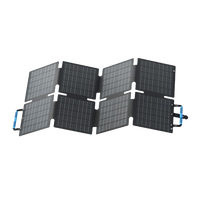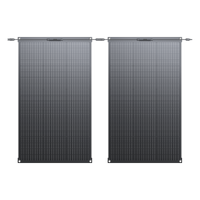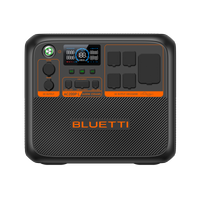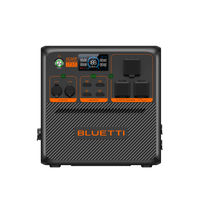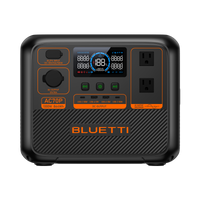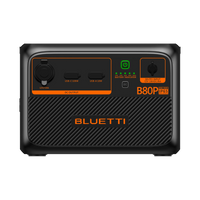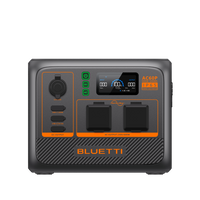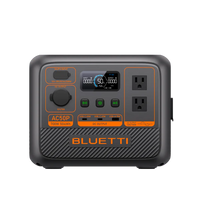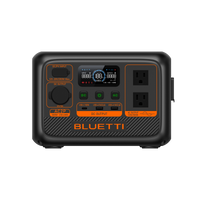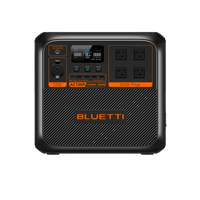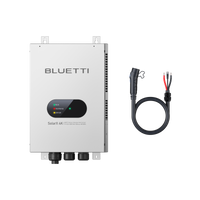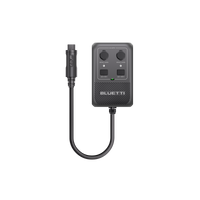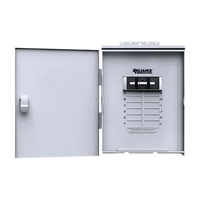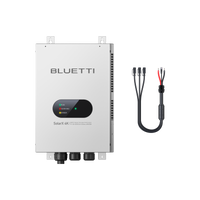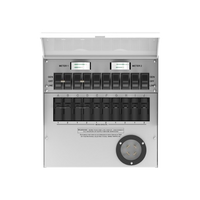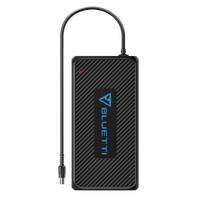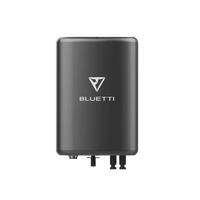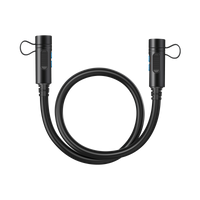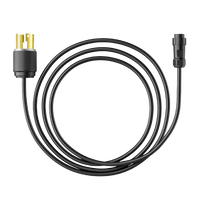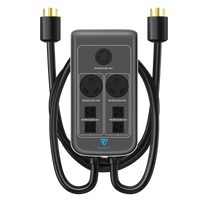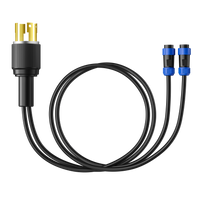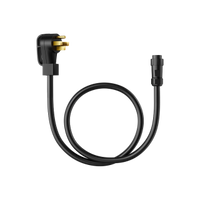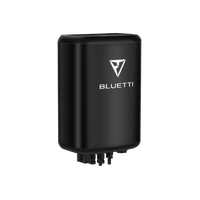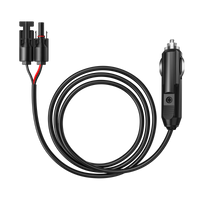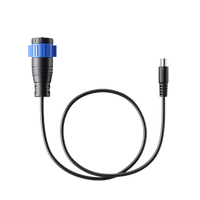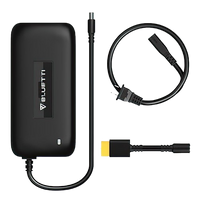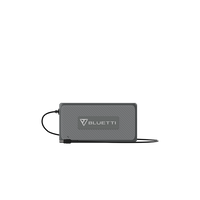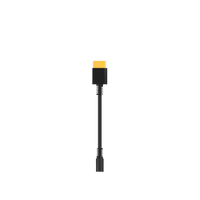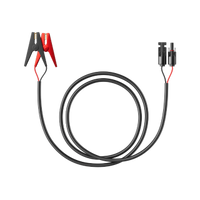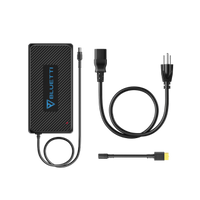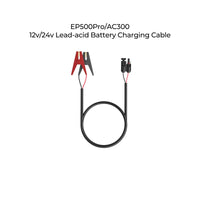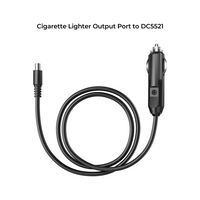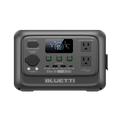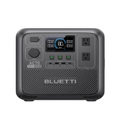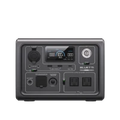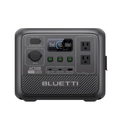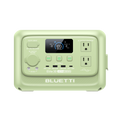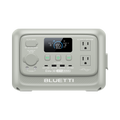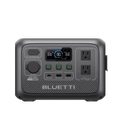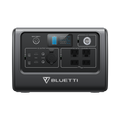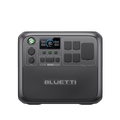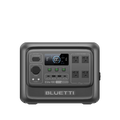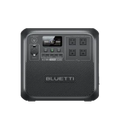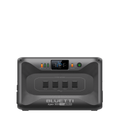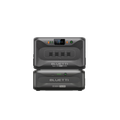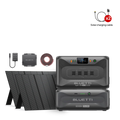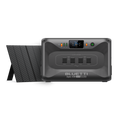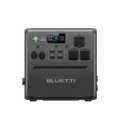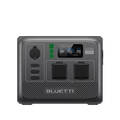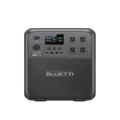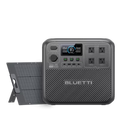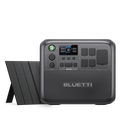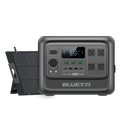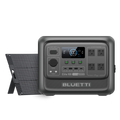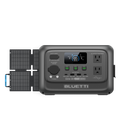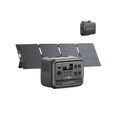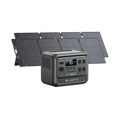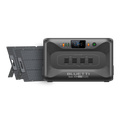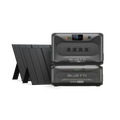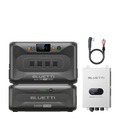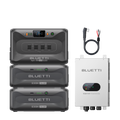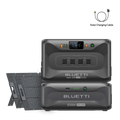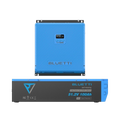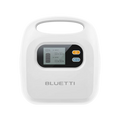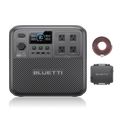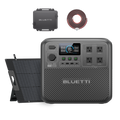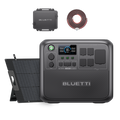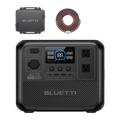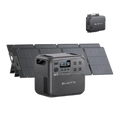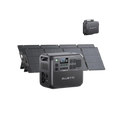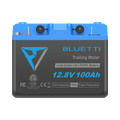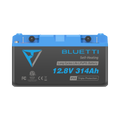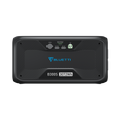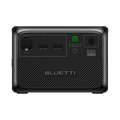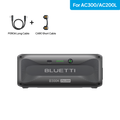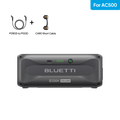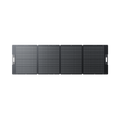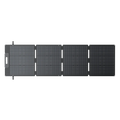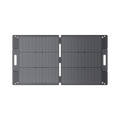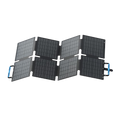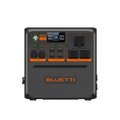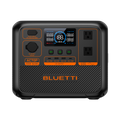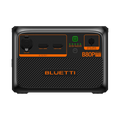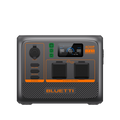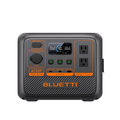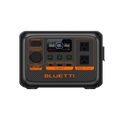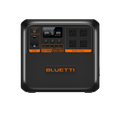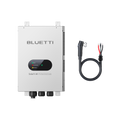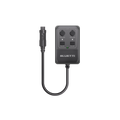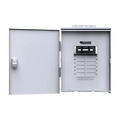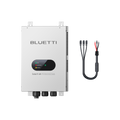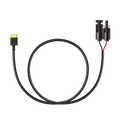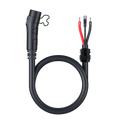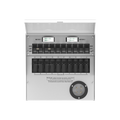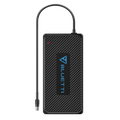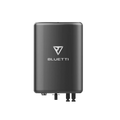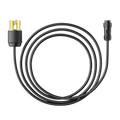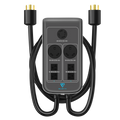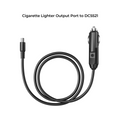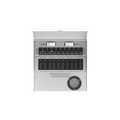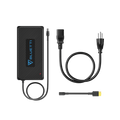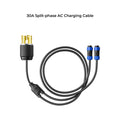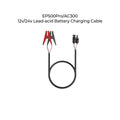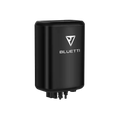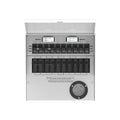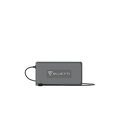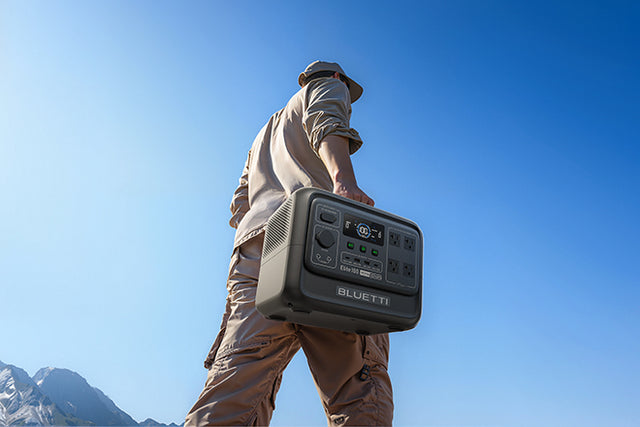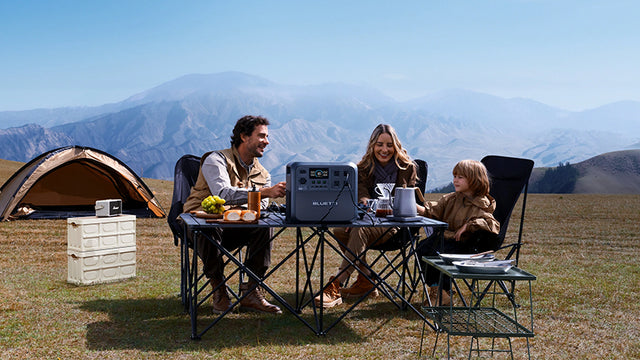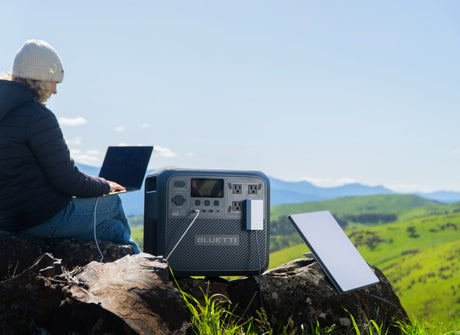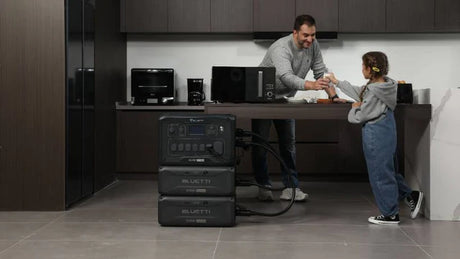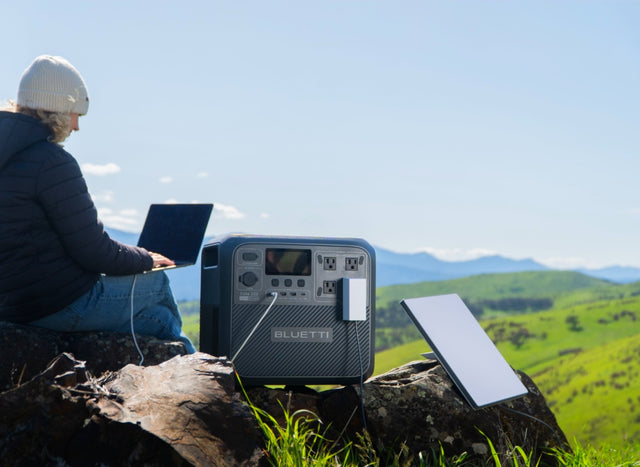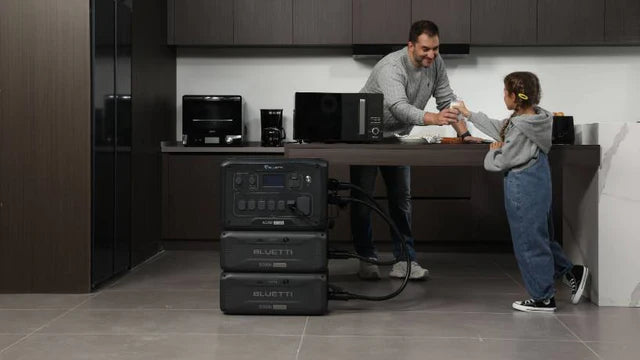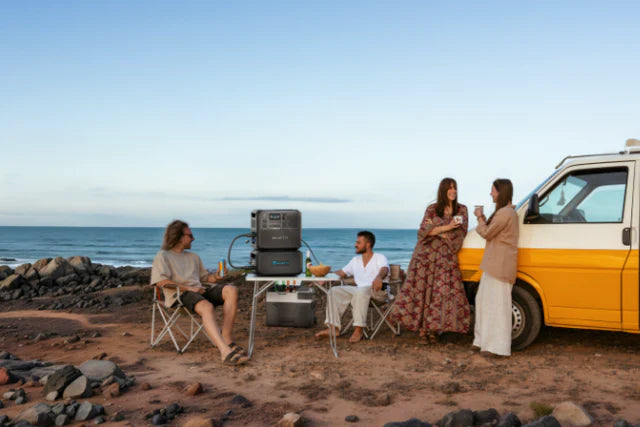And in the quest for reliable backup power, two options typically top the charts – solar and gas generators. Each has unique advantages that make the choice far from a simple one. Solar generators tap into the energy of the sun providing a cheap, environmentally aware way as gas generators supply power in regards to the known and available through conventional mode. This article is where we are going to take a look at what each one of these solar generators can do, the merits and finally come up with a conclusion on which one will be best for your device. We will also have to make a review of some of the best so far out there in the market.
How Does a Gas Generator Work?
A gas generator works on a simple principle - of converting chemical energy into electrical energy. The first part being the combustion engine and the carburetor, wherein air and gas is blended after which it injects this mix into the cylinders. The other part being a piston which then compresses this fuel-air mixture inside the cylinders. The spark plug has an electrode that causes a small explosion that keeps the gas flowing. This explosion powers it into action so that it revolves, making the crankshaft get activated. Electricity is generated by rotor rotation within an electromagnetic field.

Natural gas generators can be kept connected directly to a house's line of natural gas. Homes without a connection opt for alternative gas sources such as propane tanks. This thus ensures that the power is supplied in a regular manner without them being affected by the outages.
How Does a Solar Generator Work?
A solar generator is a flexible accumulator of electricity that captures, stores and dispenses the same converted from sunlight. At its heart, there are four biggest parts that start off with the solar panels converting sunlight into DC current. Next in line is the charge controller that regulates the current into the batteries to prevent cell overcharge. The battery, an essential component, stores up energy and guarantees availability of energy beyond the sunny days. Finally, the inverter converts stored energy into AC, ready to be utilized by your devices.
Which Is Good: A Gas Generator or a Solar Generator?
There are individual needs and circumstances when it comes to choosing between a gas generator or a solar generator. For instance, whereas the gas generators might offer instantaneous power, they also come with running costs such as maintenance. Solar generators on the other have running costs beyond their initial cost but they pay for themselves eventually in the long run. They are flexible, eco-friendly, and more if not equally economical. Additionally to this development, there is improved solar technology that has produced very strong alternatives to conventional gas generators.
For instance, Whole Home Backup Power Solutions from BLUETTI is achieved in a customized manner. By doing so, you would work on adjusting a solar generator solution according to your requirement of electricity consumption by identifying your need for power. In which case, while both have their merits, one would increasingly find it intriguing to go with a solar generator for sustainability and affordability.
How to Choose the Best Generator for You?

This is a consideration of key basic points that should guide you to make the right choice for a generator.
- Power Requirement: The type of power requirements you will need to generate is relevant in terms of your need and usage. Portable tons deliver minimal power needs that require supply, only for a few gadgets while standby can generate enough power to run an entire home. Consider wattage for essential appliances. For instance, a refrigerator demands about 600W, while a portable heater might require up to 1,500W.
- Common Uses: What your generator will power may help determine your choice. Standby generators, installed permanently, supply electricity during an outage and work automatically, while portable models will require to be brought to the fill with fuel, started, then connected up. For more portability and less noise, consider an inverter or solar generator.
- Fuel Source: Generators are often fueled by gas, propane, or natural gas. Newer backup and portable power sources – such as home batteries for backup and solar generators – store electricity for later use so they aren't fuel-based devices.
- Budget: Budget will also affect your choice. Standby generators are pricier while portable ones are cheap.
- Other Features: Look out for features like automatic CO shutoff, electric start, automatic start, fuel gauge, multiple outlets, and low-oil shutoff for added convenience and safety.
Related articles: Is It Worth Getting a Solar Generator?
How to Choose the Best Solar Generator for Home Backup Power?
Hot Solar Generators in the Market
In the solar generator niche, a few models shine both in terms of feature-richness as well as performance. Three such models that have been capturing lots of attention are from BLUETTI. Let’s know each one in some details.
EB70S + PV200 Generator Kit

This is a generator that's perfect as backup power for your home or outdoor activities. Below are some of the benefits:
- The 3,000W AC pure sine wave inverter signifies that it may have just about all of your gadgets running well and safely. And has the capability to surge up to 6,000W for short periods.
- It has a 3,072Wh storage capacity that maintains enough power to keep your critical devices running for extended hours or days. The capacity is further extendable by addition of up to 4× B300 battery modules for a total of 12,288Wh.
- It uses a long lifespan LiFePO₄ battery with more than 3,500+ cycles capacity to 80% capacity.
- It is compatible with 240V split phase bonding allowing two AC300 units to be hooked together to double the output power to run air conditioners, refrigerators, or electric stoves.
- It has a 24/7 UPS' home backup feature that switches over to the battery automatically for when it's off the grid.
- Efficient and rapid solar energy harvesting with its 2400W max. solar input. Chain a total of 3 × PV200 solar panels outputting 200W each to charge the AC300 in as fast as 3.5 hours with ideal sunlight conditions.
- It has max 5400W. With fast dual power input, it will combine the AC and solar input to charge the AC300 in as fast as 2 hours.
AC200MAX +Solar Generator Kit

This is yet another great option of a solar generator that can realize your backup power needs. Here, therefore, are some of the features and benefits of this device:
- With this, it has a 2,200W AC pure sine wave inverter which fully supports your different appliances and electronics in your home soundly and safely. It's important to note that the unit supports surge toleration of up to 4,800W for very short moments of time.
- It has 2,048Wh of capacity capable of storing enough energy to power your important devices for hours or possibly days. The capacity can be expanded by adding up to 2 × B230 or 2 × B300 battery modules for a total of 6,144Wh or 8,192Wh respectively.
- It makes use of a LiFePO₄ battery, with an extraordinarily long life expectancy of more than 3,500+ cycles to 80% capacity.
- It is capable of being recharged from the AC wall outlet, solar panels, car charger, generator, lead-acid battery, dual AC, and AC+Solar.
- It has a 1300W max. fast dual charging feature that combines the AC and solar input to ensure that the AC200MAX can be recharged in as fast as 2.5hours.
AC300 +B300 + 3*PV200 Generator Kit

This is a powerful and versatile solar generator that ensures reliable backup power to your home or for outdoor activities. Following are its features and benefits:
- It has an AC pure sine wave inverter of 3,000W and it's able to handle surges loads up to 6,000W for short periods.
- Its capacity reaches 3,072Wh and can also add up to 4 × B300 battery modules the total capacity of which will increase to 12,288Wh.
- It employs a LiFePO₄ battery that has an extended life of more than 3,500+ cycles to 80% capacity.
- It has a 24/7 UPS home backup functionality where it automatically taps battery power as soon as the grid goes off.
- The 7 ways are through AC wall outlet, solar panels, car charger, generator, lead-acid battery, dual AC, and also the AC+Solar.
- Max. solar input of 2400W capable of effectively and quickly harvesting the energy from the sun. AC300 can charge as fast as 3.5 hours, depending on the available sunlight condition to recharge, by connecting up to 3 × PV200 solar panels with 200W output each.
Gas Generator versus Solar Generator: Which is Good for Home Backup Power?
Picking either for a gas generator or a solar generator for house backup electricity will demand a range of considerations. The consideration will be the initial as well as long-term costs, its portability features, maintenance requirements, the usage indoor vs. outdoor, capacity versus solar capability, environmental impact, and the reliability factor. With this in mind, one can choose the generator applicable according to desires and one that will give peace of mind knowing that you will enjoy a continuous supply of electricity at the homestead.
Final Thoughts
To sum up, both gas and solar generators do come with their values independent of each other. Gas generators offer immediate power while solar generators also offer green and affordable energy. The choice between the two is basically informed by your particular need, environmental concern as well as budget. With improving technology, solar generators are gaining more ground and can be equally powerful in terms of home backup power as well as being healthier for the environment. The final pick would depend on your power need or requirements.
